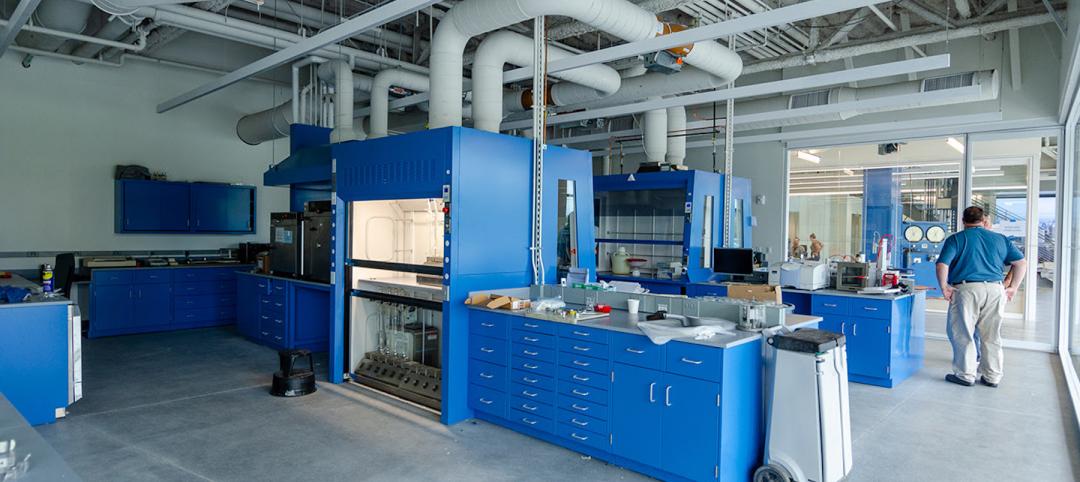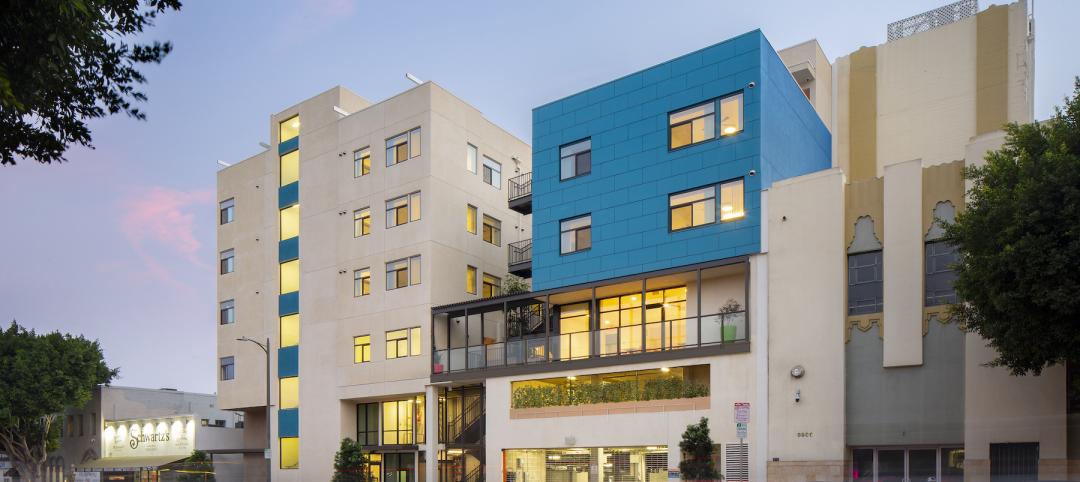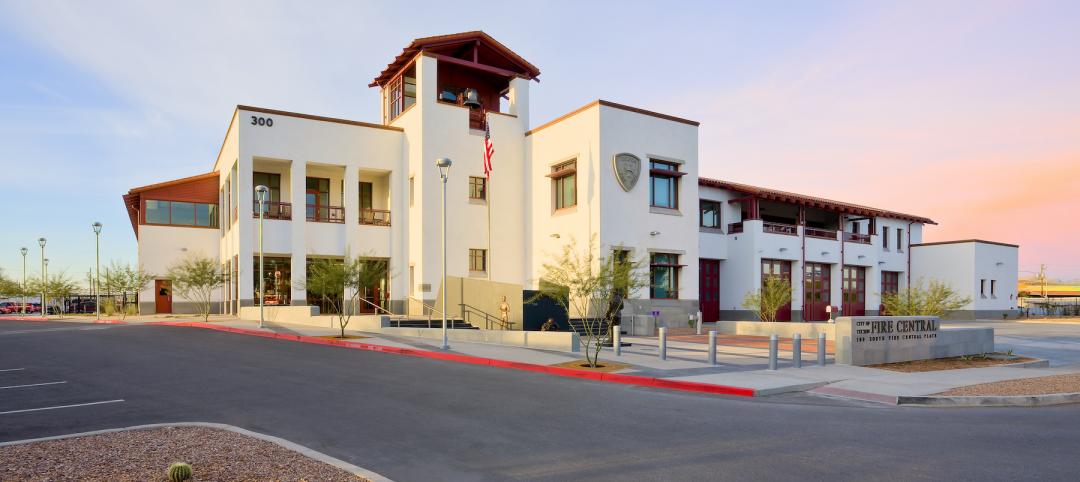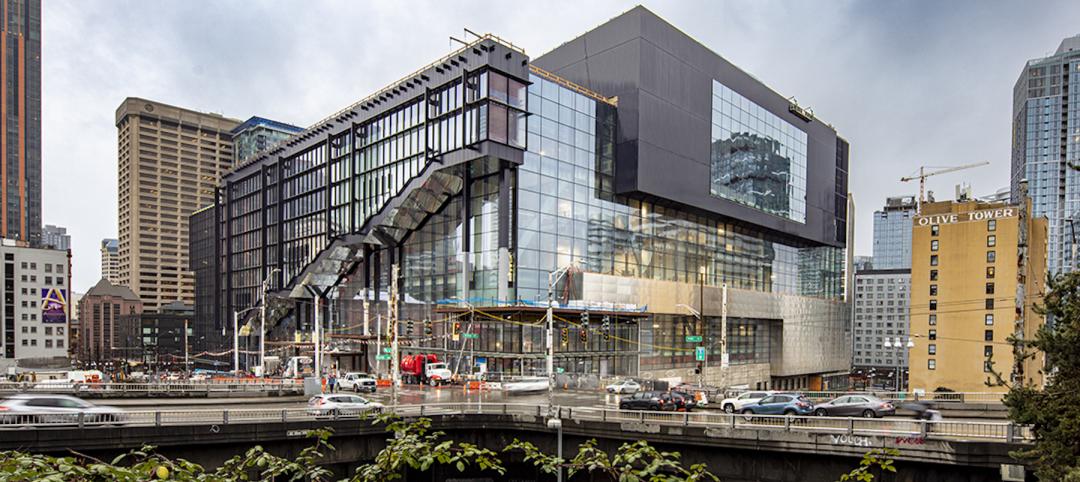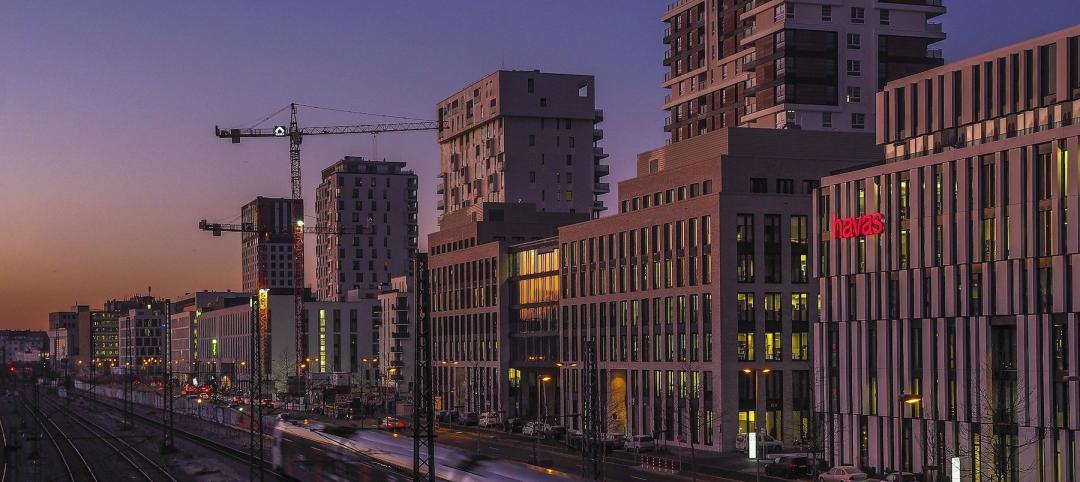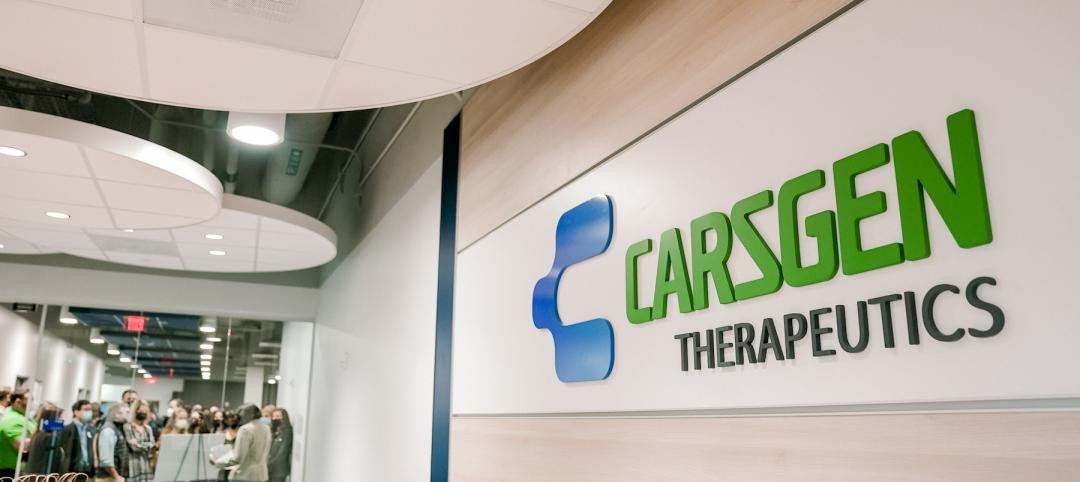Following months of political debate over the nation’s infrastructure spending needs, with multiple bills in play, the Senate took a major step forward in August, passing the $1 trillion bipartisan Infrastructure Investment and Jobs Act.
The bill—which faces scrutiny by House members before it is sent to President Biden for signing—includes $550 billion in new spending over five years for a range of initiatives related to bridges, roads, railways, even broadband Internet. Allocations include $110 billion for roads, bridges, and major projects; $66 billion for passenger and freight rail projects; $65 billion to expand high-speed Internet access; $25 billion for airports; $17 billion for port infrastructure; and $7.5 billion each for electric vehicles and zero- and low-emission buses and ferries.
When it comes to buildings-related investments, the bill is noticeably light on earmarks for initiatives in the commercial, institutional, and multifamily building sectors. It would set aside $500 million for energy upgrades in schools, but that’s about it.
“There is much more that Congress can do to improve our nation’s building stock,” wrote former House Rep. (D−Mo.) Russell Carnahan in a recent editorial in the SmartCitiesDive newsletter. Carnahan, Co-founder of BuildingAction, a non-profit group that advocates for policies and investments aimed at improving the nation’s buildings, opined that infrastructure upgrades and building investments should go hand in hand. Buildings, he wrote, “serve the national interest” and “impact our quality of life in many of the same ways as other infrastructure” does. And investment in building upgrades and new construction projects—especially energy-efficient buildings—tends to outperform investment in other sectors when it comes to creating jobs, according to BuildingAction analysis.
In late May, a collective of 21 AEC industry organizations, including ABC, ACEC, AIA, ASHRAE, BOMA, and USGBC, co-signed a letter to Congress pushing for funding in the infrastructure bill aimed at enhancing the resilience of the nation’s buildings. Citing nearly 4,000 deaths and some $550 billion in damage from weather- and climate-related events between 2014 and 2019, the group claims that “with new investments to support forward-thinking planning, design, and construction, the building industry can be a leader in saving lives and reducing costs.”
Regardless, unless the Senate’s infrastructure bill sees a major shake-up in the House, or a second heftier spending bill makes its way through Congress, the AEC industry will have to wait for the next major infrastructure spending initiative to state its "buildings as infrastructure" case.
Related Stories
Concrete Technology | Apr 19, 2022
SGH’s Applied Science & Research Center achieves ISO 17025 accreditation for concrete testing procedures
Simpson Gumpertz & Heger’s (SGH) Applied Science & Research Center recently received ISO/IEC17025 accreditation from the American Association for Laboratory Accreditation (A2LA) for several concrete testing methods.
Senior Living Design | Apr 19, 2022
Affordable housing for L.A. veterans and low-income seniors built on former parking lot site
The Howard and Irene Levine Senior Community, designed by KFA Architecture for Mercy Housing of California, provides badly needed housing for Los Angeles veterans and low-income seniors
Building Team | Apr 18, 2022
Shive-Hattery Acquires WSM Architects
Shive-Hattery announces that it has acquired WSM Architects, Inc., a 13-person architecture firm in Tucson, Arizona.
Building Team | Apr 15, 2022
Frank Gehry to design his largest building yet for his hometown of Toronto
Famed architect Frank Gehry will design his largest building to date for his hometown of Toronto, Canada.
Healthcare Facilities | Apr 14, 2022
Healthcare construction veteran creates next-level IPD process for hospital projects
Can integrated project delivery work without incentives for building team members? Denton Wilson thinks so.
Industrial Facilities | Apr 14, 2022
JLL's take on the race for industrial space
In the previous decade, the inventory of industrial space couldn’t keep up with demand that was driven by the dual surges of the coronavirus and online shopping. Vacancies declined and rents rose. JLL has just published a research report on this sector called “The Race for Industrial Space.” Mehtab Randhawa, JLL’s Americas Head of Industrial Research, shares the highlights of a new report on the industrial sector's growth.
High-rise Construction | Apr 14, 2022
Seattle’s high-rise convention center nears completion
The new Washington State Convention Center Summit Building—billed as the first high-rise convention center in North America—is on track to complete most of its construction later this year.
Building Team | Apr 14, 2022
TLC Engineering Solutions, Inc. acquires Moye I.T. Consulting, LLC
TLC Engineering Solutions, Inc. (TLC) is excited to announce that Moye I.T. Consulting, LLC (Moye Consulting) has joined the TLC team, expanding the breadth of its IT and Technology capabilities, as well as its national portfolio.
Laboratories | Apr 7, 2022
North Carolina's latest play for biotech real estate development
The Tar Heel State is among a growing number of markets rolling out the welcome mat for lab spaces.
Multifamily Housing | Apr 7, 2022
Ken Soble Tower becomes world’s largest residential Passive House retrofit
The project team for the 18-story high-rise for seniors slashed the building’s greenhouse gas emissions by 94 percent and its heating energy demand by 91 percent.



